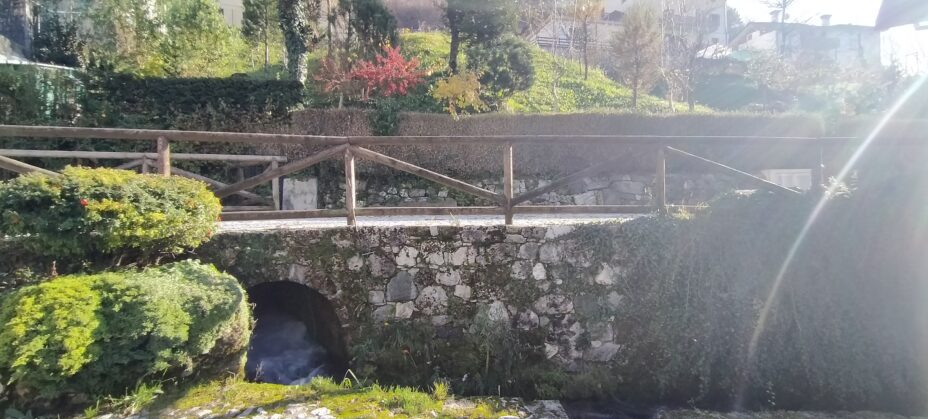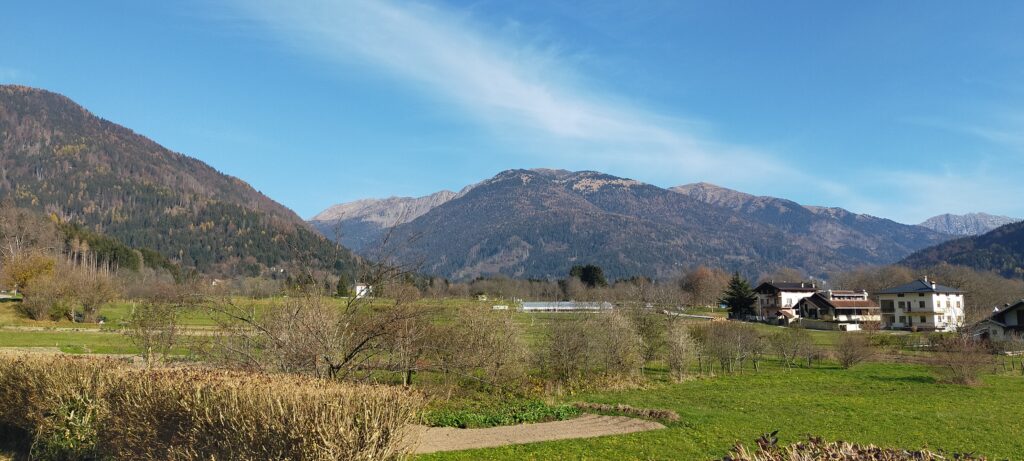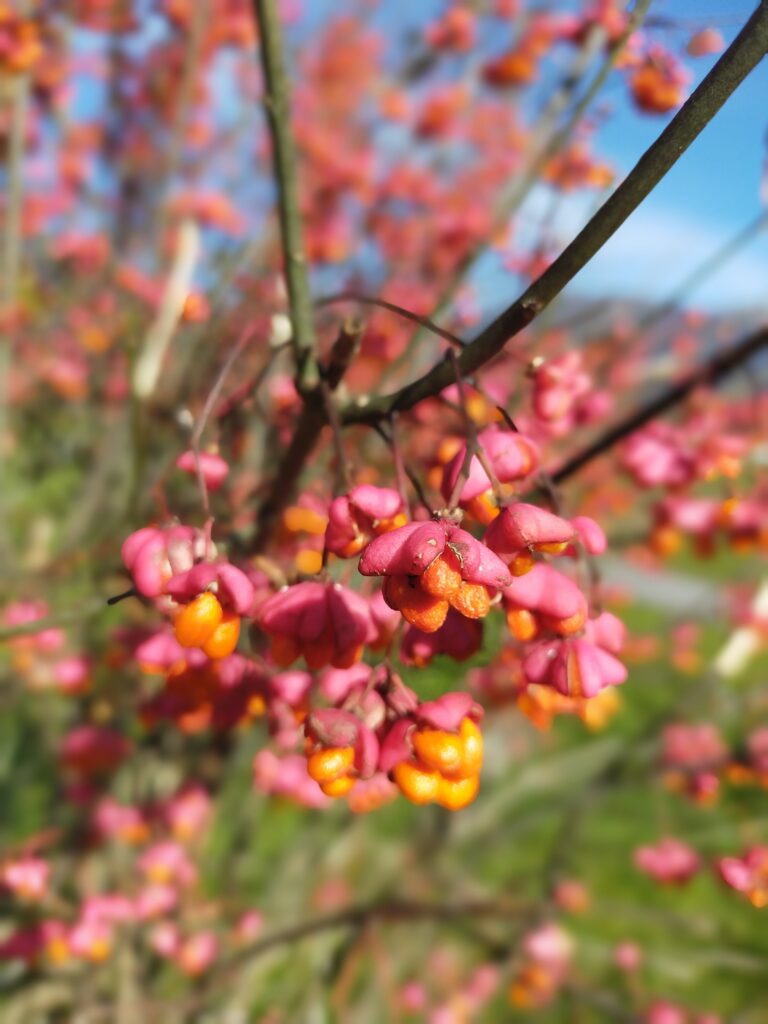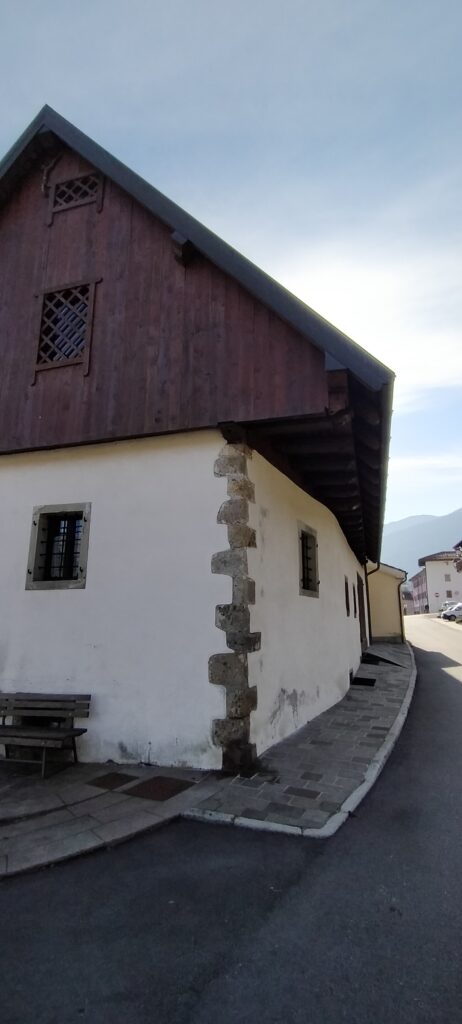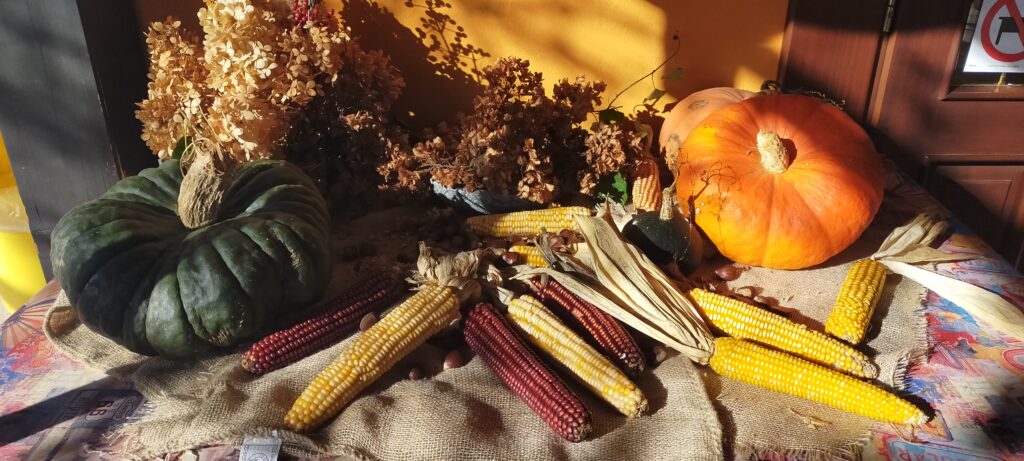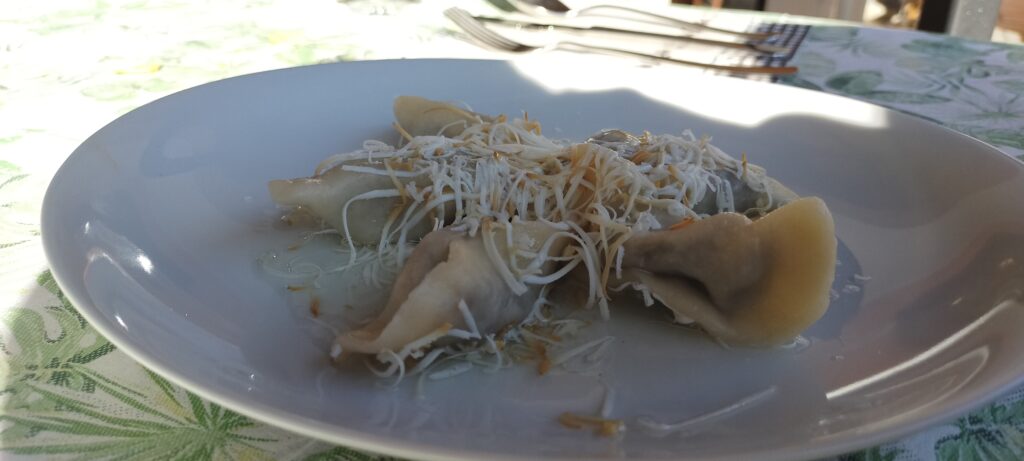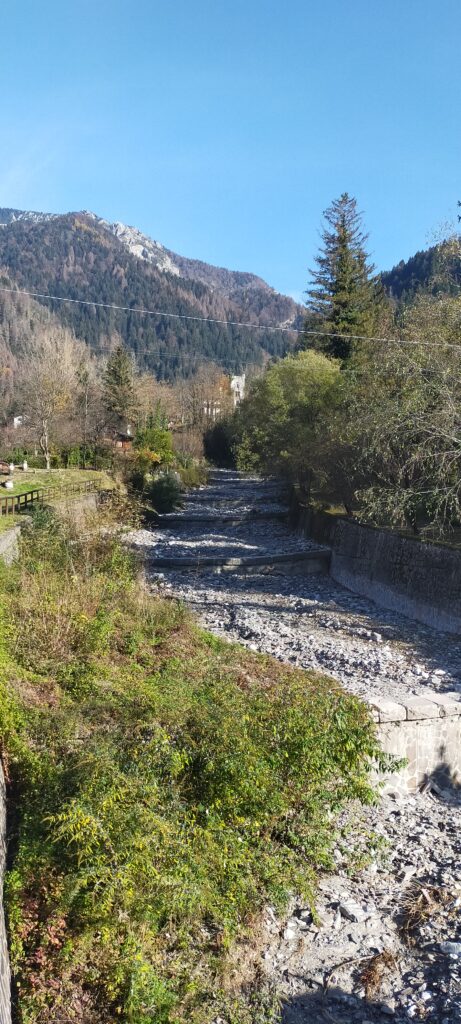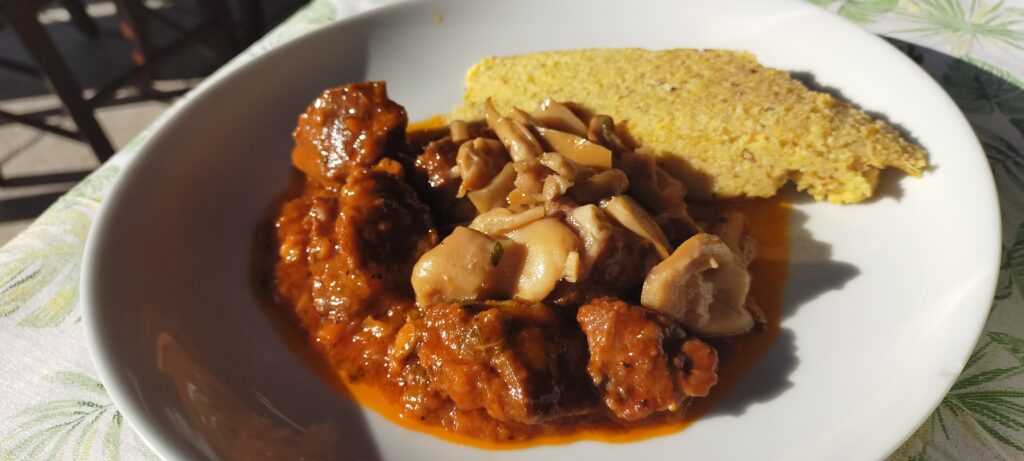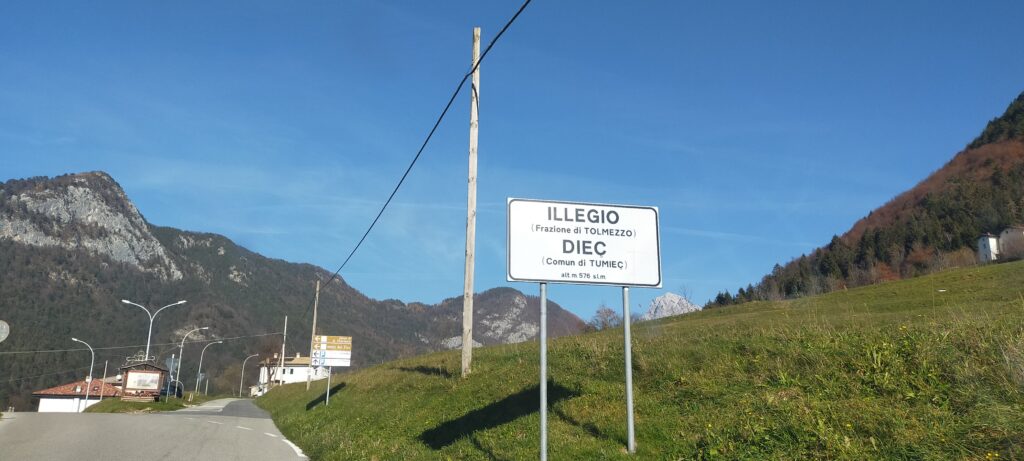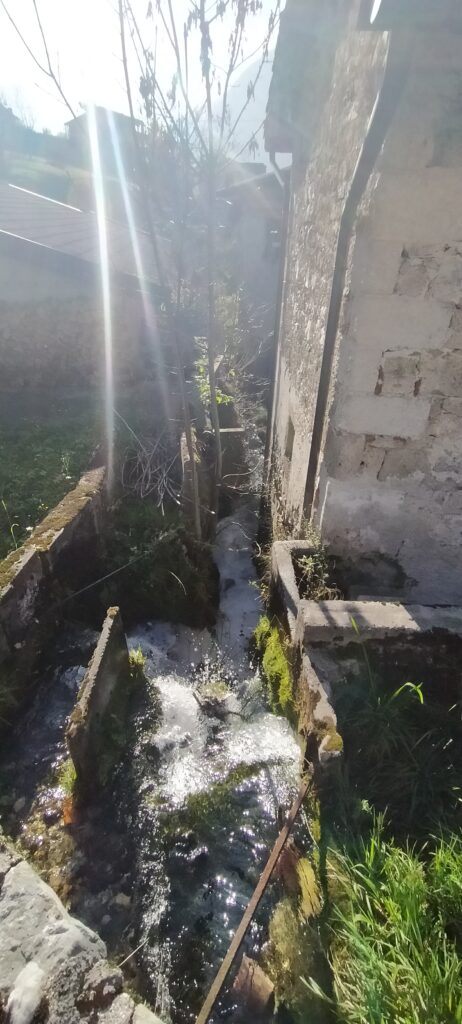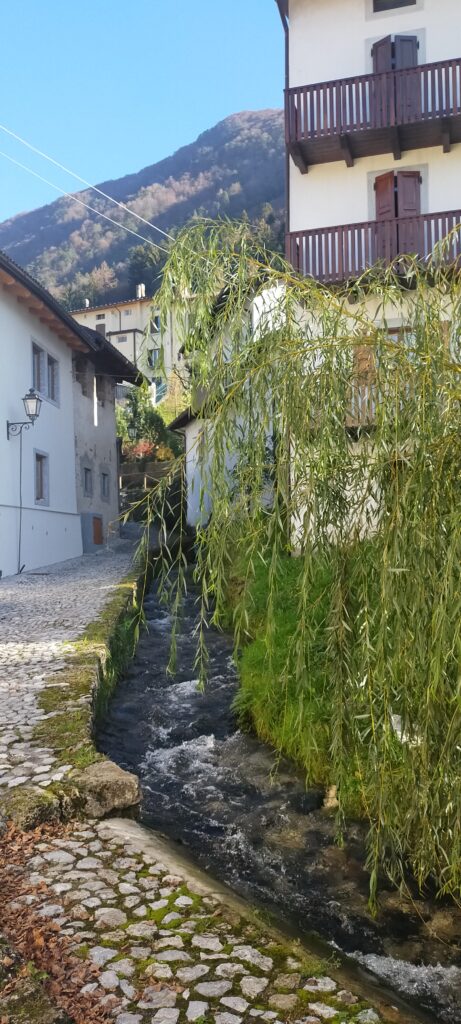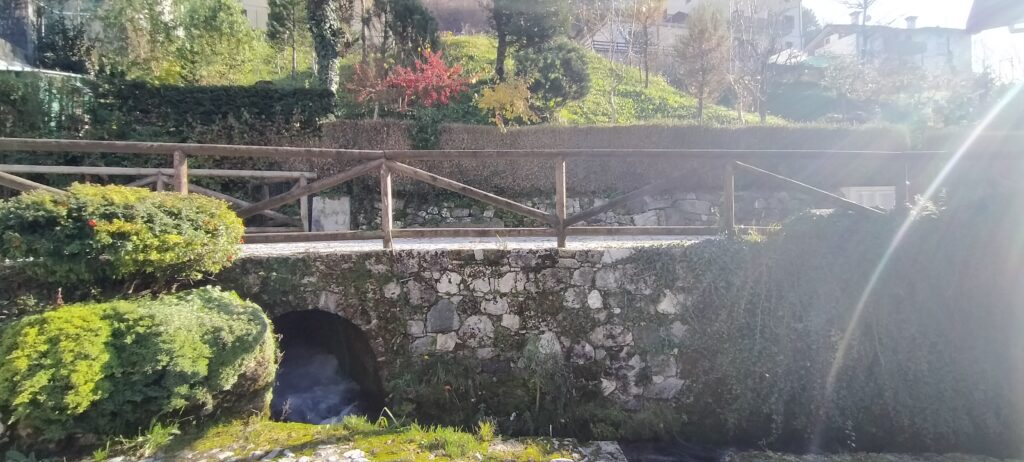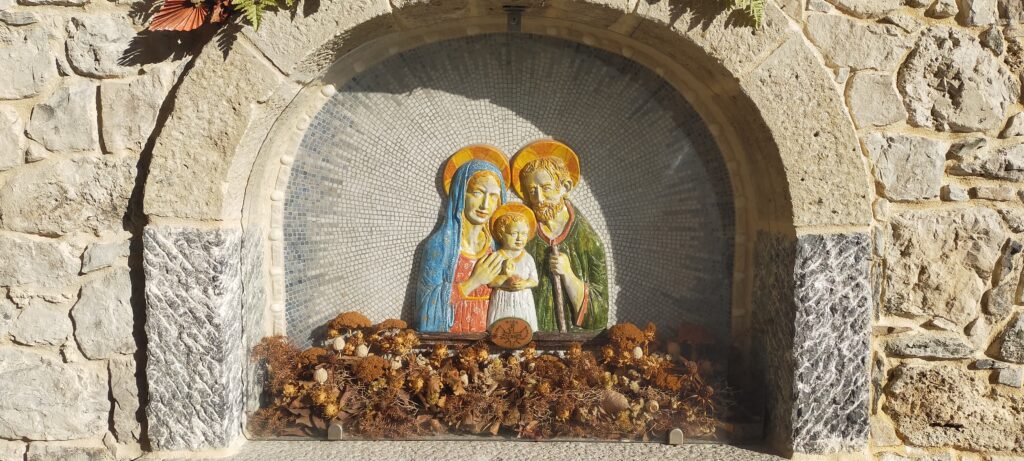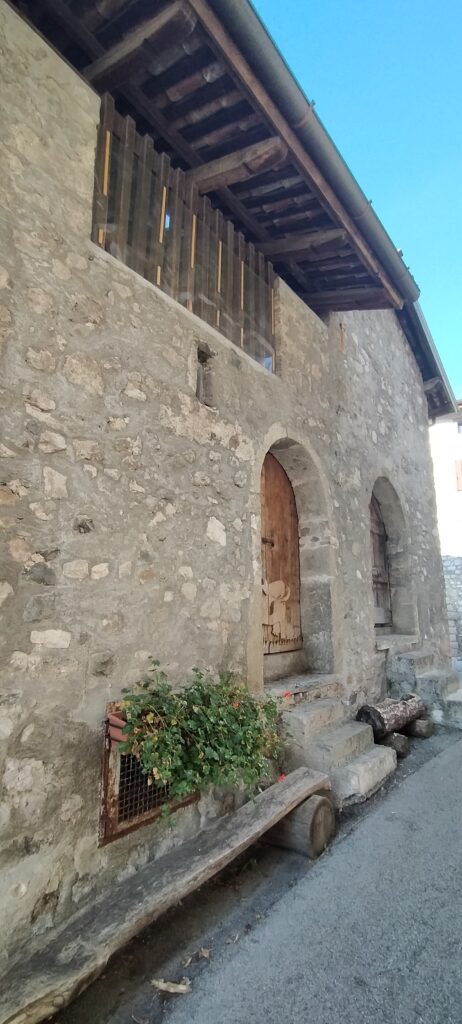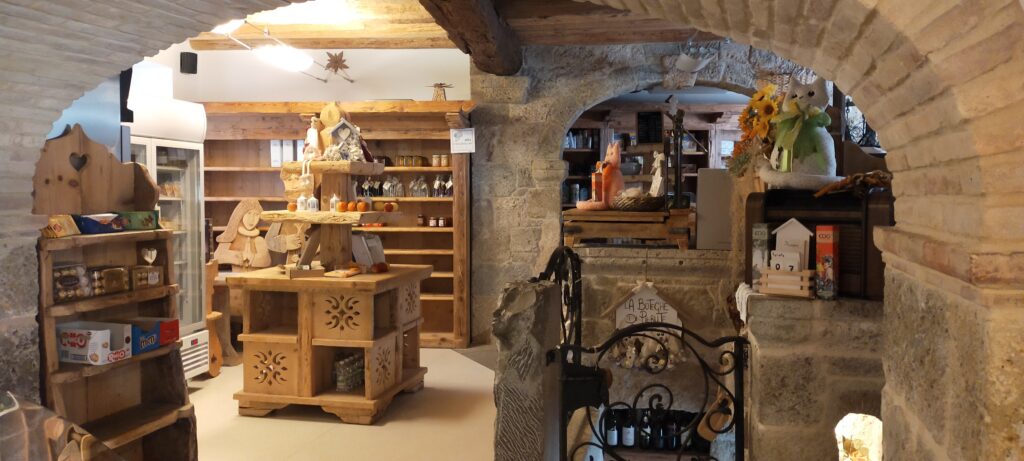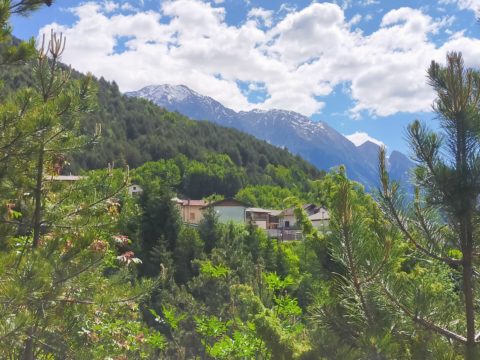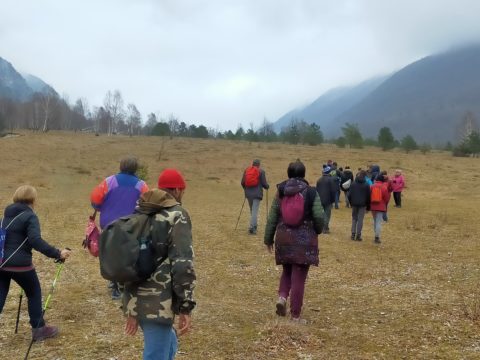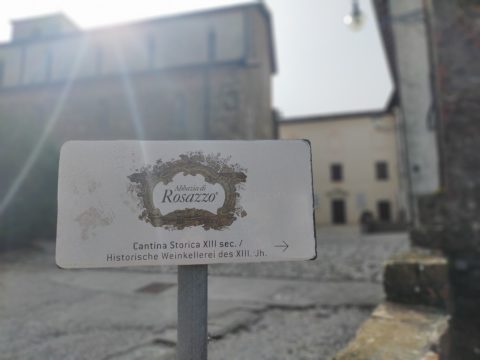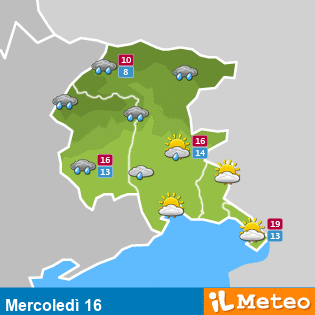The sky on the plains was cloudy and the problems created by Covid-19 already heralded a further restriction on travel so we decided to spend the day in Carnia. Pure air, beautiful mountain views and the unmissable eating stop in one of the traditional restaurants.
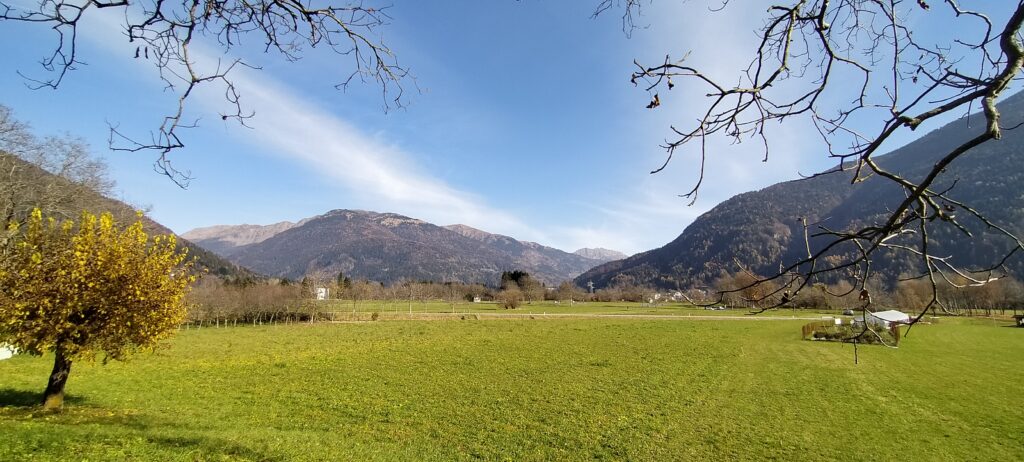
In the morning hearty breakfast and go! towards the mountain. We took the A23 motorway and left at the Carnia station and headed in the direction of Sutrio, a beautiful town that is easily accessible and very well equipped. In fact, this is where the widespread hotel of Sutrio is located, offering its guests traditionally furnished apartments located in various houses in the historic center.
In Sutrio there is also the “Caseificio Alto But” where you can buy various local products (mainly cheeses produced by mountain huts) in the company shop. A pleasant walk through the streets of the center of Sutrio has contributed to increasing hunger. We did not delay and we headed to Arta Terme at the Edelweiss Restaurant which we know well as it has often been the favorite stop for lunch.
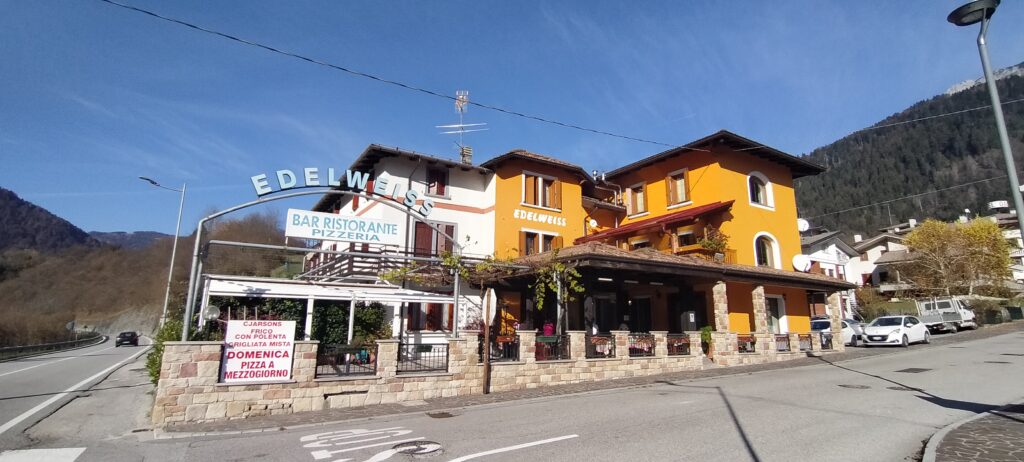
The restaurant offers many of the Carnic specialties at reasonable prices: Cjarsons, Frico but also Tagliatelle with porcini mushrooms or Milanese cutlet. To better understand Friulian dishes we have prepared a guide that you can read here.
Given the beautiful day we took the opportunity to eat outdoors so as to enjoy the view of the mountains and the nearby stream. For the after-lunch walk you can visit the adjacent town of Arta Terme, a name that derives from the thermal baths already known in Roman times and still usable and modernized. In fact, the ancient Iulia Augusta road passed through this valley, connecting Aquileia to Noricum (a Roman region that corresponded to central Austria, part of Bavaria and north-eastern Slovenia).
Instead, we opted for a walk in a village near Tolmezzo (20 minutes by car from the restaurant) Illegio. This town is known for the presence of several sixteenth-century water mills still in operation. Then leave your car in the parking lot at the beginning of the village to continue walking.
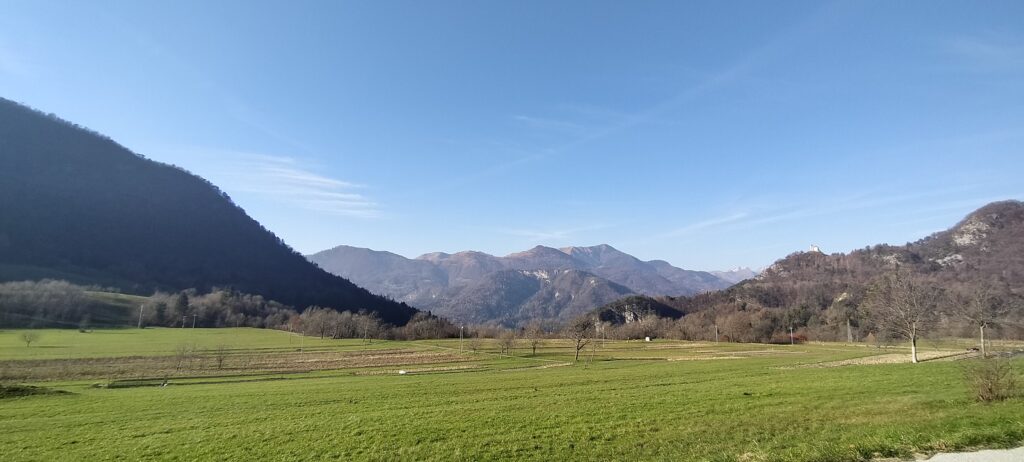
Water, wood and stone are the characteristic features of this town which is crossed by the Rio Touf, the resurgence that feeds the canals built by man to direct the water onto the mill blades. The road runs along the stream allowing you to admire and approach the various mills present (Mulin dal Flec, Mulin dal Mardar, Mulin di Narduz, Mulin dal Gjeneral) crossing the village. In the center of the town stands the Parish of San Floriano Martire with the nearby “Casa delle Esposizioni” (house of exhibitions). This small museum has quickly become (starting from 2004) an incredible example of what can be done with the few economic and logistical equipment of a small mountain town. The Committee that takes care of the exhibitions has managed to produce exhibitions with a high cultural content attracting up to 200,000 visitors a year, publications of books, has promoted important archaeological excavations in the areas adjacent to the country which have brought to light Lombard fortifications and remains of churches prior to this period. At the time of our visit to the village, the exhibition “Nulla è perduto” (the exhibition exhibits works that can no longer be seen as they are lost or damaged, rebuilt with modern technologies) was closed to the public due to Covid-19 but the closure will be postponed to January 10, 2021.
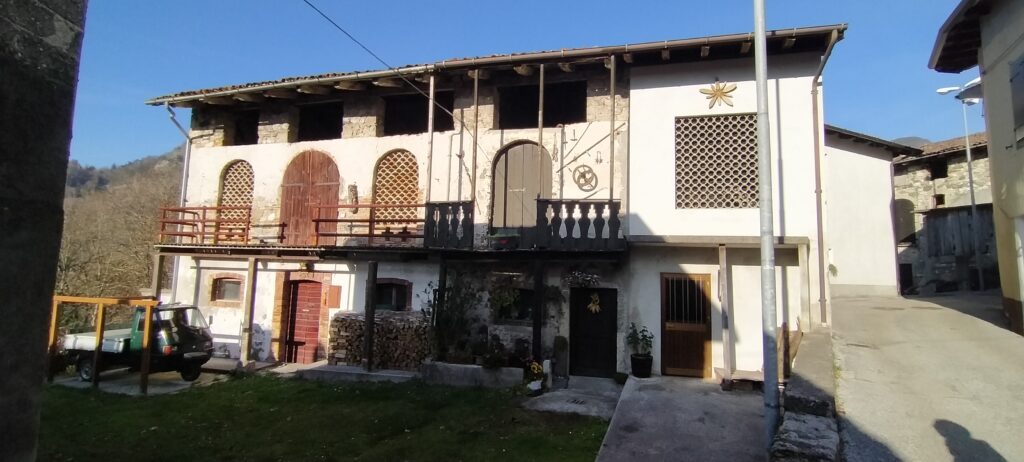
To conclude the walk in Illegio well, we stopped for a coffee at “La buteghe di Pierute”, a truly characteristic restaurant. The interior is furnished in stone and wood and it is possible to buy some products for sale directly. We took advantage of the outdoor spaces, sitting on decorated wooden benches, just for a coffee and to enjoy the sun but we will return to try the restaurant and tell you something.
 Wandering around Friuli, you will often be greeted with the word “Mandi”. It has double use whether you meet someone or when you say goodbye. Probably the word “Mandi” derives from the Latin “Manus Dei” meaning that God protect you. Another theory is that it derives from “Mi racomandi” meaning Make sure you.
Wandering around Friuli, you will often be greeted with the word “Mandi”. It has double use whether you meet someone or when you say goodbye. Probably the word “Mandi” derives from the Latin “Manus Dei” meaning that God protect you. Another theory is that it derives from “Mi racomandi” meaning Make sure you.

